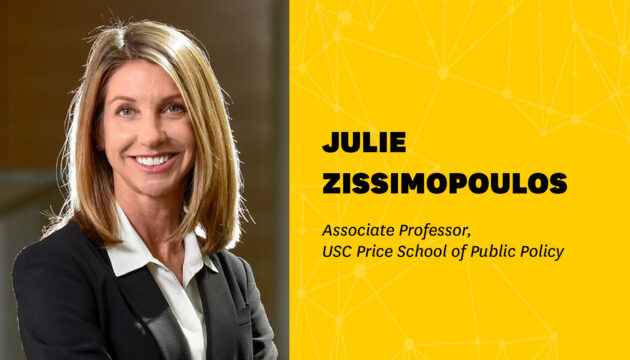Perspective
Our work in Perspective
-
Congress Ends Surprise Billing Implications for Payers, Providers and Patients
The No Surprises Act represents a rare bipartisan moment for Congress and a long-needed safeguard for patients that will reorient relationships among payers and providers.
Categorized in -
Using Behavioral Science to Inform Risk Communications
Experts from USC use behavioral sciences to help international organizations with risk messaging.
Categorized in -
FDA’s Approval of Aducanumab Paves the Way for ‘More Momentous’ Alzheimer’s Breakthroughs
The FDA’s recent approval of the first disease-modifying therapy for Alzheimer’s will fuel the chances of even more breakthroughs.
-
The Case for Replacing “Silver Loading”
An analysis of how a public option may or may not reduce healthcare costs in the U.S.
-
Designing a Public Option that Would Reduce Healthcare Provider Prices
An analysis of how a public option may or may not reduce healthcare costs in the U.S.
-
Don’t Make Surgery Another COVID Casualty
Investing in minimally invasive tools can free up valuable beds when pandemic surges threaten to overwhelm hospitals, argues Van Nuys and Lakdawalla in MedPage Today.
Categorized in -
Congress Should End Dialysis Companies’ Third-Party Games with Insurance Coverage
A new op-ed in STAT highlights practices by dialysis facilities where they try to push patients into individual market plans by financing patients’ premiums for those plans
-
We Can’t Have Everything: The Role of Payment for Volume and Choice of Providers in Fueling Health Care Expenditures
Victor Fuchs outlines several health policy reforms to control health care expenditures.
Categorized in -
Podcast: The Impact and Economics of Alzheimer’s
Julie Zissimopoulos recently spoke about her research using economic insights to better understand the impact of Alzheimer’s disease on individuals, families, caregivers, and society.
-
Insurer Formularies Complicate the Adoption of Biosimilar Cancer Therapies
A new blog post coauthored by Schaeffer Center experts in Health Affairs finds that insurer preferences for biologic and biosimilar drugs adds cost and complicates the work of hospital pharmacists and physicians.
Categorized in









